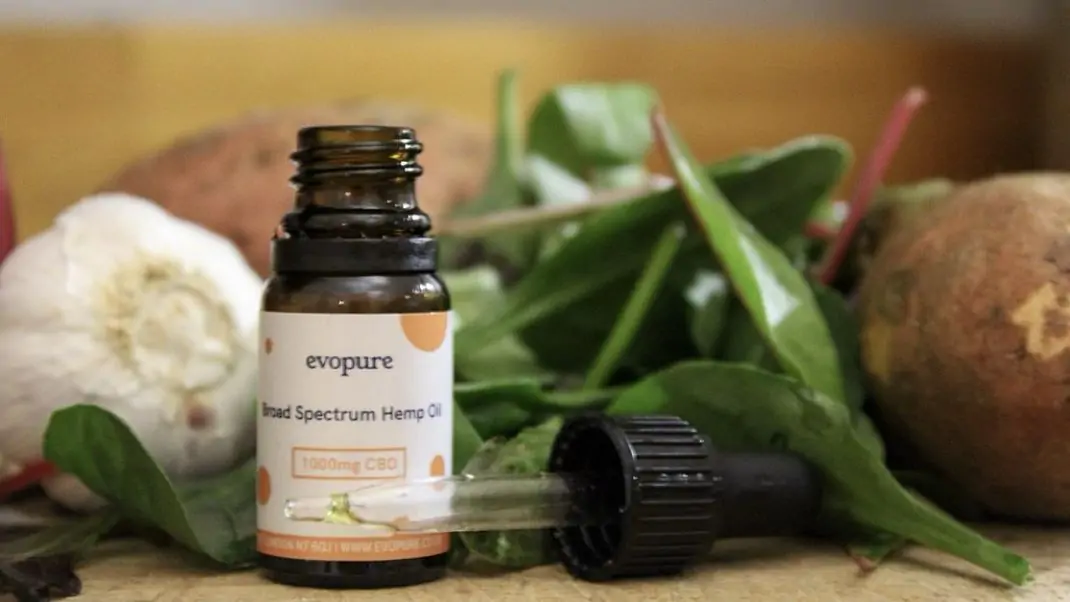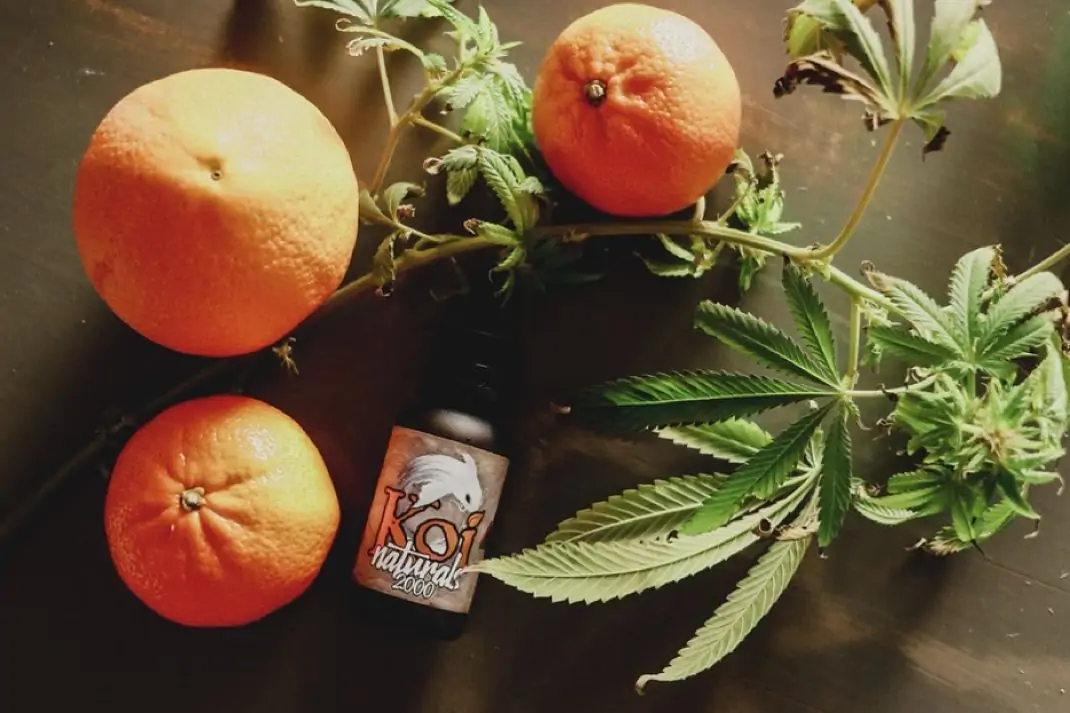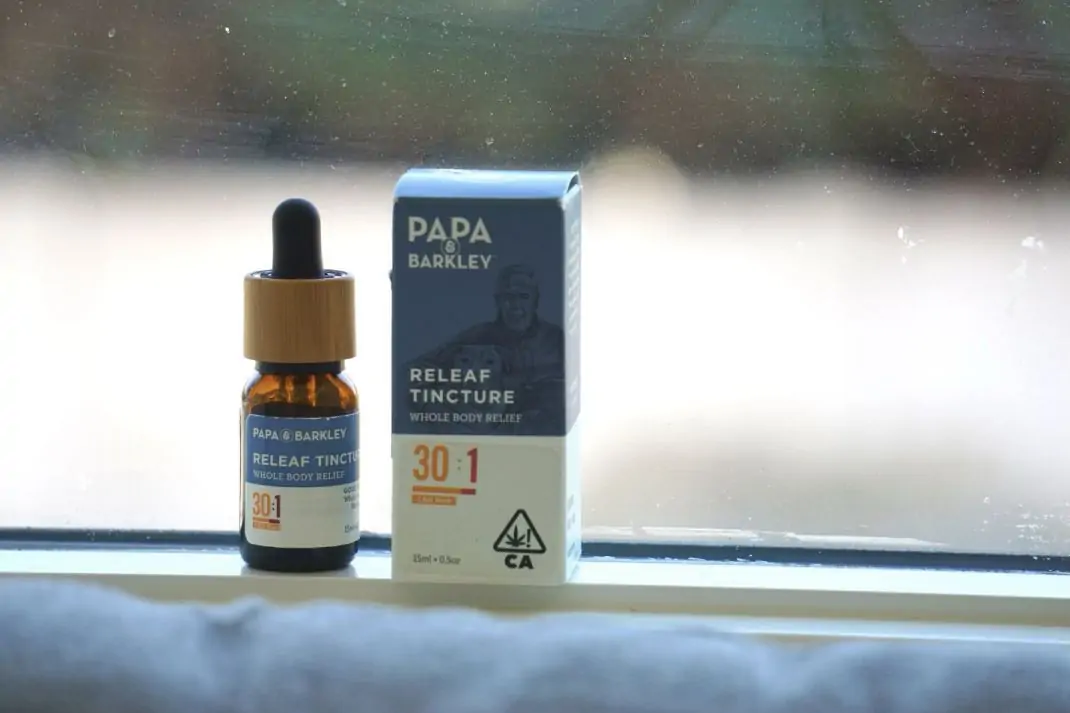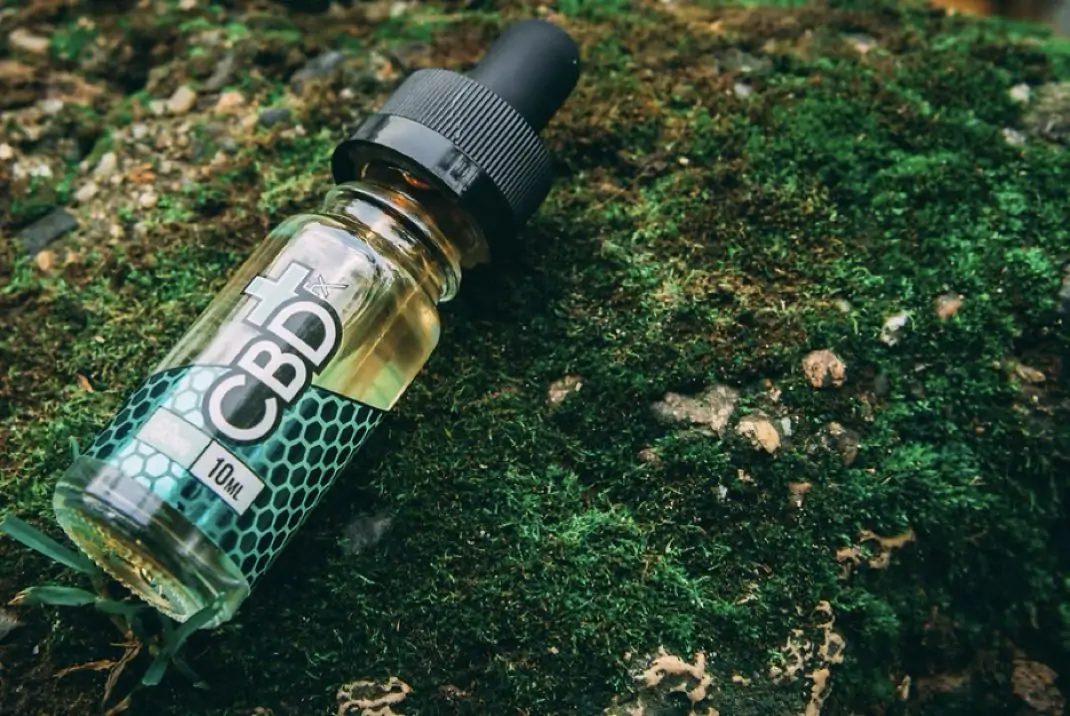CBD is getting a lot of attention right now, and more and more people are using it to treat pain, anxiety, and even sleep disorders. You can find it in gummies, drinks, creams, oils, and more, but what is it, and how does it work? This article reveals you all you need to know about CBD. We will talk about what it is, how to use it, what it can do for you, and what you should watch out for.
What is CBD?
Cannabidiol (CBD) is an active compound that is found in the cannabis plant. This compound is not the same as marijuana, even though it comes from the same plant that gives us marijuana. It doesn't get you high like THC, which is the other main compound in cannabis.
That's a major reason why people feel more comfortable using it. Hemp, a relative of marijuana that has very little THC, is often used to produce cannabidiol. You can visit https://www.verywellhealth.com/ for a detailed comparison between CBD and THC.
How Does It Work?
Your body has something called the endocannabinoid system, which controls pain, sleep, and mood. Cannabidiol interacts with this system, but it doesn't fully activate it. It may also have an effect on other body parts.
For instance, it can work with serotonin receptors, which are linked to mood. Some people might also discover that it helps lower their blood sugar and cholesterol.
What Are the Possible Benefits of CBD?

Researchers are still finding out more about cannabidiol, but early studies and user reports show that it might help with:
- Chronic pain: Some people report that cannabidiol helps ease the pains of conditions like arthritis.
- Anxiety and Stress: It might help calm your mind, but more research is needed.
- Seizures: The FDA has approved a cannabidiol drug for some rare types of epilepsy.
- Sleep problems: It might help you fall and stay asleep.
If you have cancer, cannabidiol might also help with symptoms like pain and nausea. However, it does not cure cancer or any other disease.
What Forms Does It Come In?
Cannabidiol comes in different shapes and forms, which gives you options from which to choose what works best for you. Here are some common types:
- Topicals: These are lotions, creams, and balms, which you rub on your skin to relieve pain in that area.
- Transdermal patches: When you put these patches on your skin, they slowly release the compound into your blood.
- Oils and tinctures: You use these by putting a few drops under your tongue. These act faster than gummies.
- Capsules and edibles: These include tablets, chocolates, and gummies, which are easy to eat but take longer for them to work.
- Vapes: Vaping lets you inhale the compound. While this works quickly, it can hurt your lungs in the long run.
How Much Should You Use?

There is no one-size-fits-all dose because everyone reacts differently. The best approach is to start low and go slow. A common starting dose is between 10 and 20 milligrams per day.
If you feel you need more, you should slowly increase your dose. Also, talk to your doctor first, especially if you are already taking other medicines. If you take too much, it could cause side effects or interact badly with other drugs like blood thinners.
Are There Any Side Effects?
Cannabidiol is usually safe for most people, but it may have some side effects. Some people have reported:
- Dry mouth
- Drowsiness
- Upset stomach
- Reduced appetite
In very rare cases, cannabidiol may affect the health of the liver. That's why it's good to get regular checkups if you use it a lot.
Before you use a product, you should always read the label to confirm it is genuine. You can check out CBD Queen to learn more about genuine products. Reputable companies will have a lab report called a COA (Certificate of Analysis). This report shows the amount of CBD and checks for harmful stuff like heavy metals or pesticides.
Is It Legal?
In the UK, there are strict laws around the use of this product. For medicinal purposes, it has to be prescribed by a specialist doctor. CBD products that contain less than 0.2% THC are allowed to be sold in the EU as food supplements.
Cannabidiol from hemp is legal at the federal level in the United States. This means it's allowed all over the country, but some states have their own rules. Therefore, before you buy or use cannabidiol, make sure you know the laws in your area. You should also learn the difference between recreational and medicinal use.
Is It Safe for Everyone?
Not everyone should use cannabidiol. Therefore, you should avoid it if you are pregnant or nursing. Also, if you have liver problems or take medications, talk to your doctor first. Kids should only use it if their doctor tells them to, and the only approved use is for certain kinds of epilepsy.
Tips for Buying CBD Products

These tips will help you stay safe and get the most from cannabidiol:
- Always buy from reputable stores: Look for companies that can show you their lab test results.
- Look at the ingredients: It's possible that some products have more THC than is legal.
- Avoid wild health claims: Stay away from a product that claims it can fix cancer.
- Know your reason for using it: Choose the form and dose based on your need.
Common Questions About CBD
Is cannabidiol the same as marijuana?
No, cannabidiol is a compound mainly extracted from hemp while marijuana is a plant that has a high amount THC, the compound that causes the “high” effect.
Can you take CBD every day?
Yes, a lot of people do, but let your doctor know, especially if you take other medicines.
Is CBD addictive?
No, it is not, and studies show that cannabidiol does not pose a risk of abuse or addiction.
Does CBD show up on drug tests?
Pure cannabidiol shouldn't have any THC in it, but some products might. If you get tested often, only use items that are labelled "THC-free",
Conclusion
People who want a natural way to deal with pain, anxiety, or sleep disorders often choose cannabidiol. It comes in many forms and might offer relief for several health conditions. Nevertheless, it's not a cure, and more research is needed to fully understand what it can do.










